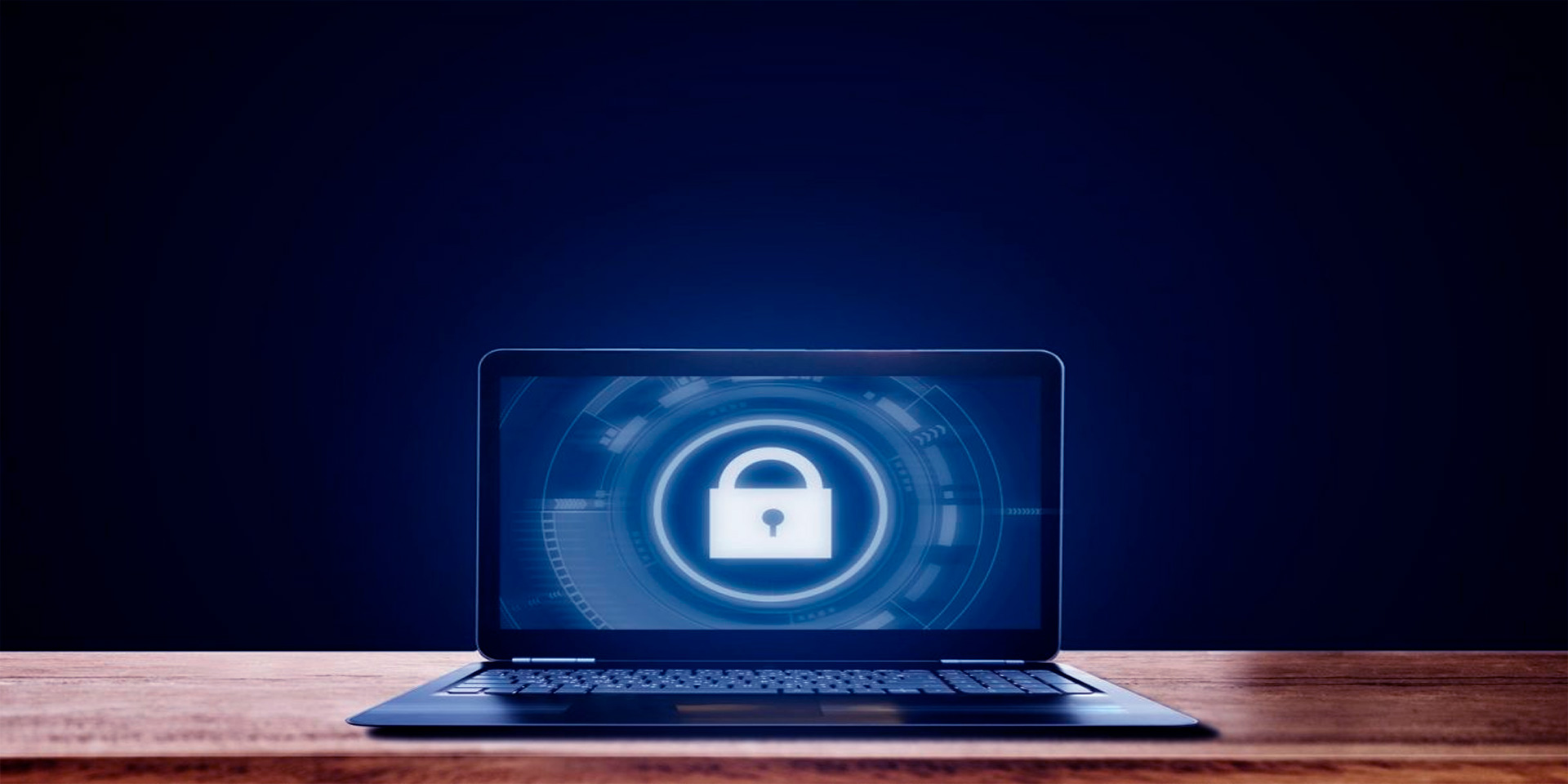Essential and Advanced Tips for Strengthening Your Internet Security

Internet security involves practices and technologies designed to protect your online activities and personal information from cyber threats such as hackers, malware, and phishing attacks. Ensuring robust internet security helps prevent identity theft, financial loss, and data breaches.
Key Components of Internet Security
- Password Management: Creating and managing strong passwords
- Two-Factor Authentication: Adding an extra layer of security to your accounts
- Software Updates: Keeping your operating system and applications up-to-date
- Secure Browsing: Protecting your online activities from malicious websites
- Data Encryption: Ensuring your data is encrypted during transmission
- User Education: Staying informed about the latest cyber threats and safe practices
Simple Internet Security Tips
By adopting the following simple tips, you can significantly enhance your internet security and protect your personal information online.
Use Strong Passwords
Create complex, unique passwords for each of your online accounts. Avoid using easily guessable information like birthdays or common words. Use a combination of letters, numbers, and special characters. Consider using a password manager to generate and store strong passwords securely.
Enable Two-Factor Authentication (2FA)
Two-factor authentication adds an extra layer of security by requiring a second form of verification in addition to your password. This could be a text message code, an authentication app, or a biometric factor like a fingerprint. Enable 2FA on all your important accounts, including email, banking, and social media.
Keep Software Updated
Regularly update your operating system, browsers, and applications to ensure you have the latest security patches. Cybercriminals often exploit vulnerabilities in outdated software. Enable automatic updates whenever possible to ensure you’re always protected.
Use Antivirus and Anti-Malware Software
Install reputable antivirus and anti-malware software on your devices to detect and remove malicious threats. Regularly scan your devices for infections. Keep your security software updated to protect against the latest threats.
Be Cautious with Email and Links
Be wary of unsolicited emails, especially those that ask for personal information or contain suspicious links. Avoid clicking on links or downloading attachments from unknown sources. Verify the authenticity of the sender before responding to any email requests for sensitive information.
Use Secure Wi-Fi Connections
Avoid using public Wi-Fi networks for sensitive activities like online banking or shopping. If you must use public Wi-Fi, use a virtual private network (VPN) to encrypt your internet connection. Ensure your home Wi-Fi network is secured with a strong password and WPA3 encryption.
Backup Your Data Regularly
Regularly back up your important data to an external hard drive or a cloud storage service. This protects your information in case of a cyber attack or hardware failure. Ensure your backups are encrypted to protect your data from unauthorized access.
Educate Yourself on Security Threats
Stay informed about the latest cyber threats and scams. Educate yourself on how to recognize phishing attacks, malware, and other common security risks. Regularly review security tips and best practices to stay updated.

Advanced Tips for Enhanced Security
For those looking to take their internet security to the next level, consider implementing these advanced tips:
Use a Virtual Private Network (VPN)
A VPN encrypts your internet connection, protecting your online activities from prying eyes. It is especially useful when using public Wi-Fi networks. Choose a reputable VPN service to ensure your data remains secure.
Enable Firewalls
Firewalls act as a barrier between your device and potential threats. Ensure your operating system’s built-in firewall is enabled, and consider using an additional hardware firewall for extra protection.
Disable Unnecessary Services and Features
Disable services and features that you don’t use, such as remote desktop access and Bluetooth, to reduce potential entry points for attackers. Review your device settings regularly to ensure only necessary services are enabled.
Monitor Account Activity
Regularly monitor your online accounts for any unusual activity. Most services provide alerts for suspicious login attempts or changes to account settings. Enable these alerts to stay informed about potential security issues.
Use Encrypted Communication
Use encrypted messaging apps and email services to protect your communications from interception. Apps like Signal and email services like ProtonMail offer end-to-end encryption, ensuring your messages remain private.

Enhancing Personal Internet Security
An individual noticed suspicious activity on their online accounts and took steps to enhance their internet security. Here’s how they did it:
- Recognizing the Issue: They noticed unusual login attempts and unauthorized changes to account settings, indicating a potential security breach.
- Implementing Strong Passwords: The individual created strong, unique passwords for each of their online accounts and used a password manager to store them securely.
- Enabling Two-Factor Authentication: Two-factor authentication was enabled on all important accounts, adding an extra layer of security.
- Updating Software: They ensured their operating system, browsers, and applications were updated with the latest security patches.
- Using Antivirus Software: Reputable antivirus software was installed, and regular scans were conducted to detect and remove malware.
- Securing Wi-Fi Connections: A strong password and WPA3 encryption were enabled on their home Wi-Fi network.
- Backing Up Data: Important data was backed up to a secure cloud storage service, ensuring data could be restored if needed.
- Staying Informed: They regularly reviewed security tips and stayed informed about the latest cyber threats and safe practices.
Conclusion
Maintaining robust internet security is essential for protecting your personal information and ensuring your online activities remain private. By following simple tips such as using strong passwords, enabling two-factor authentication, keeping software updated, using antivirus software, being cautious with email and links, using secure Wi-Fi connections, backing up data regularly, and educating yourself on security threats, you can enhance your online security. For advanced protection, consider using a VPN, enabling firewalls, disabling unnecessary services, monitoring account activity, and using encrypted communication. Embrace these best practices to safeguard your digital environment and enjoy a secure online experience.
